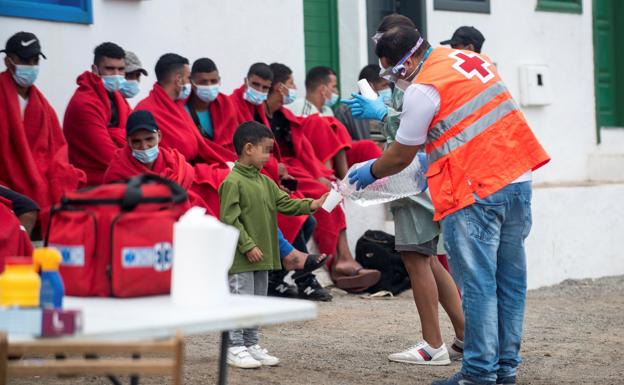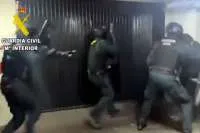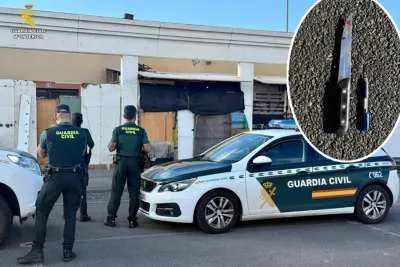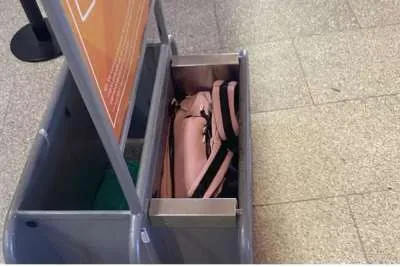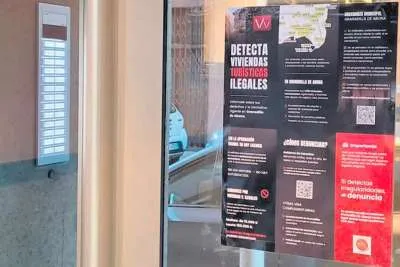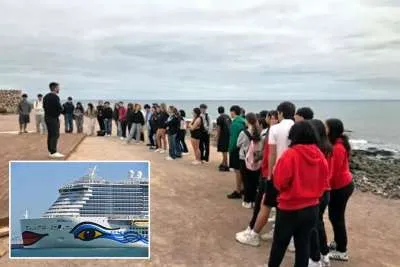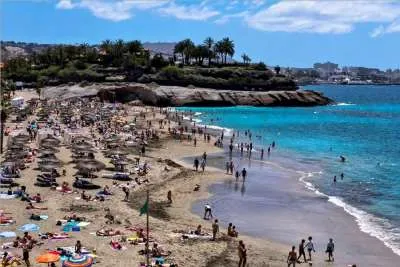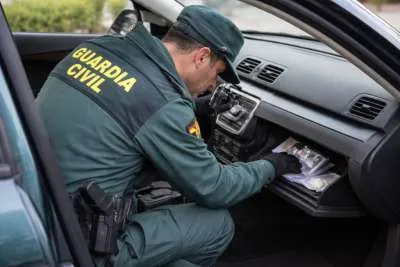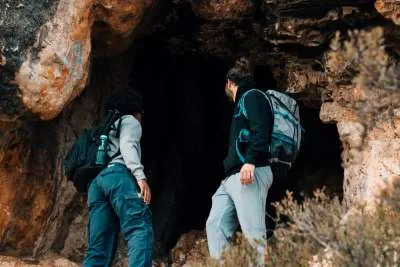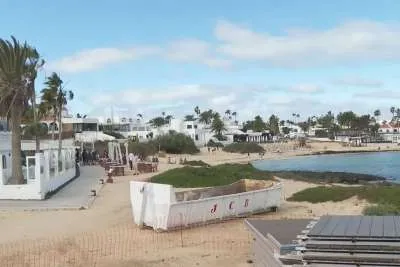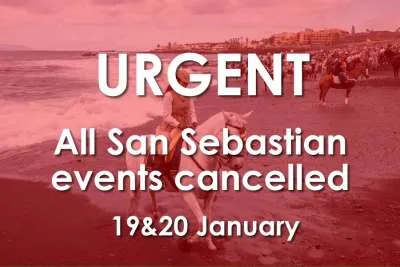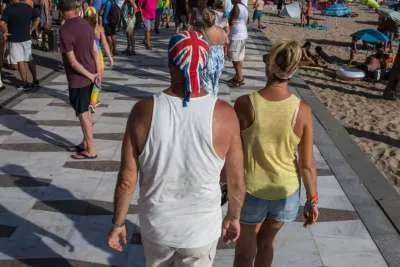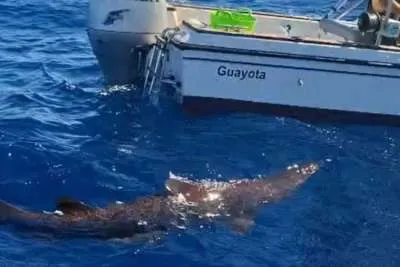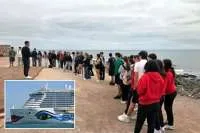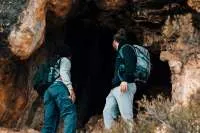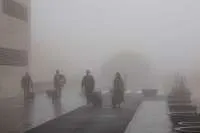The Canary Islands Government defends the use of hotels for immigrant children
- 05-01-2021
- Gran Canaria
- Canarian Weekly
The Canary Islands Government has approved a decree in which it "protects" the use of hotels and apartment complexes as a reception centre and temporary housing for unaccompanied immigrant minors, against the decision of the Mogán City Council that is pushing for their eviction, and warns hoteliers that failure to do so will be penalized.
The initiative approved by the Governing Council on December 23rd and published in the Official Gazette of the autonomous community (BOC) on the 28th, states that "in the event of exceptional arrivals of unaccompanied minors, all resources will be used to house these young people with dignity, including hostels, apartments or hotels.”
Therefore, according to the Deputy Minister for Social Rights, Gemma Martínez, "the children will stay in these facilities until better ones are made available, because even though we are aware that they are not ideal, we have no other option," she says.
Martínez also considers that the "threat" from the mayor of Mogán, Onalia Bueno, "has no ethical path, because it is about children, nor is it legal." In this sense, it refutes the position that the southern City Council has taken when referring to the Land Law saying that the hotels are being used for soething other than the one for which they were authorized.
She said, "It is not true that the use of hotels has changed, since they are hosting people temporarily." Another thing, she adds, "is that it became a structural situation, but that is not the intention of the Canary Islands Government." She insists that the contracts signed with the hotels to accommodate minors "do not exceed a year and this time is not a change of structural use from the legal point of view."
Likewise, she points out that the decree law "is not only subsequent to the Land Law, but that they are norms of equal legal rank" and points out that, "we are protected by the Statute of Autonomy that says that minors must be treated with dignity.”
In her opinion, the attitude adopted by the Mogán City Council, whose Local Police began inspections yesterday to certify that hotels continue to welcome immigrants and, according to municipal authorities, making improper use of these facilities, is to "draw attention" .
Martínez reiterates that the obligation of the Government of the Canary Islands is to welcome minors who arrive alone to the islands in a dignified manner "and if it is necessary to use the hotels, upon payment, it will be done until we find other resources." In this regard, she said that "when we find them, we will empty the hotels, that is clear to us, but right now we cannot move them."
The Government is currently protecting more than 2,400 unaccompanied minors in the Canary Islands, of which around 500 are taken in by the councils through agreements. Another 500 are found in three hotel complexes in the south of Gran Canaria.
Martínez explains that during the crisis of the Cayucos in 2008, facilities for the reception of minors were opened but later they were "abandoned and nowadays they do not exist", so the Government has been obliged to seek shelter urgently "because they are Canarian children for all intents and purposes." This circumstance has forced 23 emergency spaces to be opened so far this year, most of them in Gran Canaria, which have ultimately been insufficient, which is why hotels were used.
Also, she said, “the hoteliers are interested in these contracts, because at the moment there is no tourism and this formula allows them to keep the facilities open and maintain employment."


